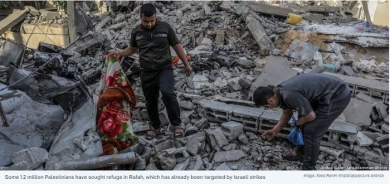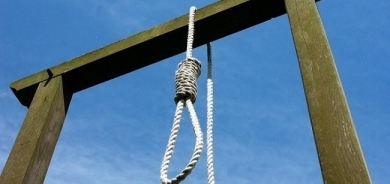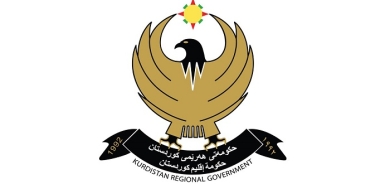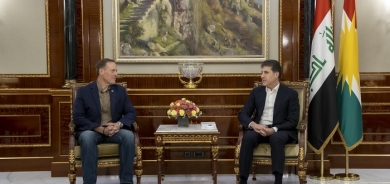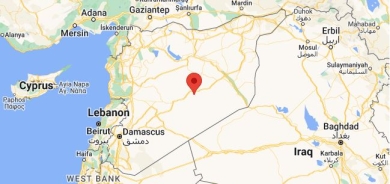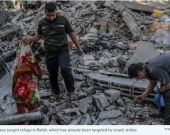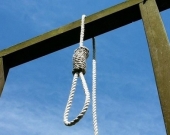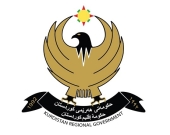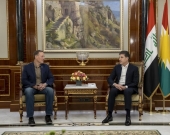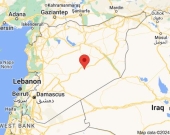Iraqi finance minister tells protesters he is resigning
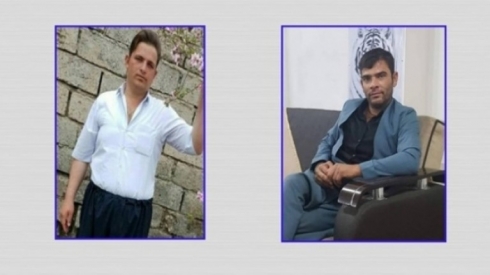
The country's precarious sectarian balance has come under growing strain as Iraqi Sunnis vent frustrations that have built up since the U.S.-led invasion of 2003 overthrew Saddam Hussein and empowered majority Shi'ites through the ballot box.
Protesters are demanding Shi'ite Prime Minister Nuri al-Maliki quit over what they see as the marginalization of their minority sect and misuse of terrorism laws to target Sunnis.
"I came today in order to announce my resignation from this government in front of you," Rafaie Al-Esawi told a crowd of protesters from a stage in the western province of Anbar, on the border with Syria.
He later told Reuters: "More than 70 days of demonstrations and this government has not fulfilled our people's demands. It doesn't honor me to be part of a sectarian government. I decided to stay with my people."
State-backed Iraqiya TV cited Maliki's office as saying he would not accept Esawi's resignation until investigations into his "financial and administrative violations" were complete, without providing any details.
It was Maliki's arrest of Esawi's bodyguards that ignited the Sunni protests last December.
Iraqi authorities said Esawi's bodyguards had confessed to involvement in assassinations carried out in coordination with security men employed by Sunni Vice President Tareq al-Hashemi, who fled into exile a year ago and was later sentenced to death in absentia for terrorism.
The demonstrations in the Sunni heartland are fuelling concerns that the increasingly sectarian conflict in neighboring Syria will tip Iraq back into the bloody intercommunal strife of 2006-2007.
Violence has intensified with the swell of Sunni opposition to Maliki, whose power-sharing government has been all but paralyzed since U.S. troops withdrew in December 2011.
Al Qaeda is thought to be regrouping in the caves and valleys of Anbar and has called on Sunni protesters to take up arms against the Maliki government.
Esawi was once a leader of armed Islamist group Hamas al-Iraq, which was active in Anbar.
Source: Reuters

